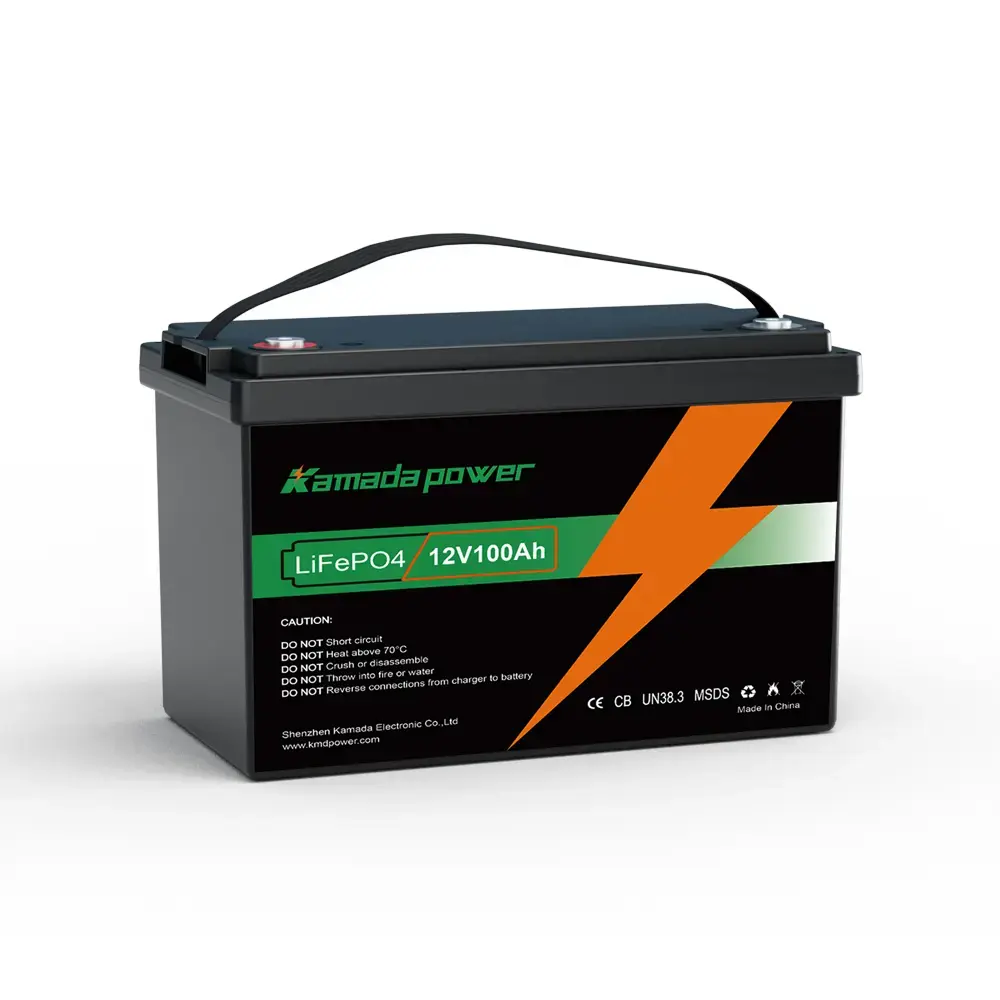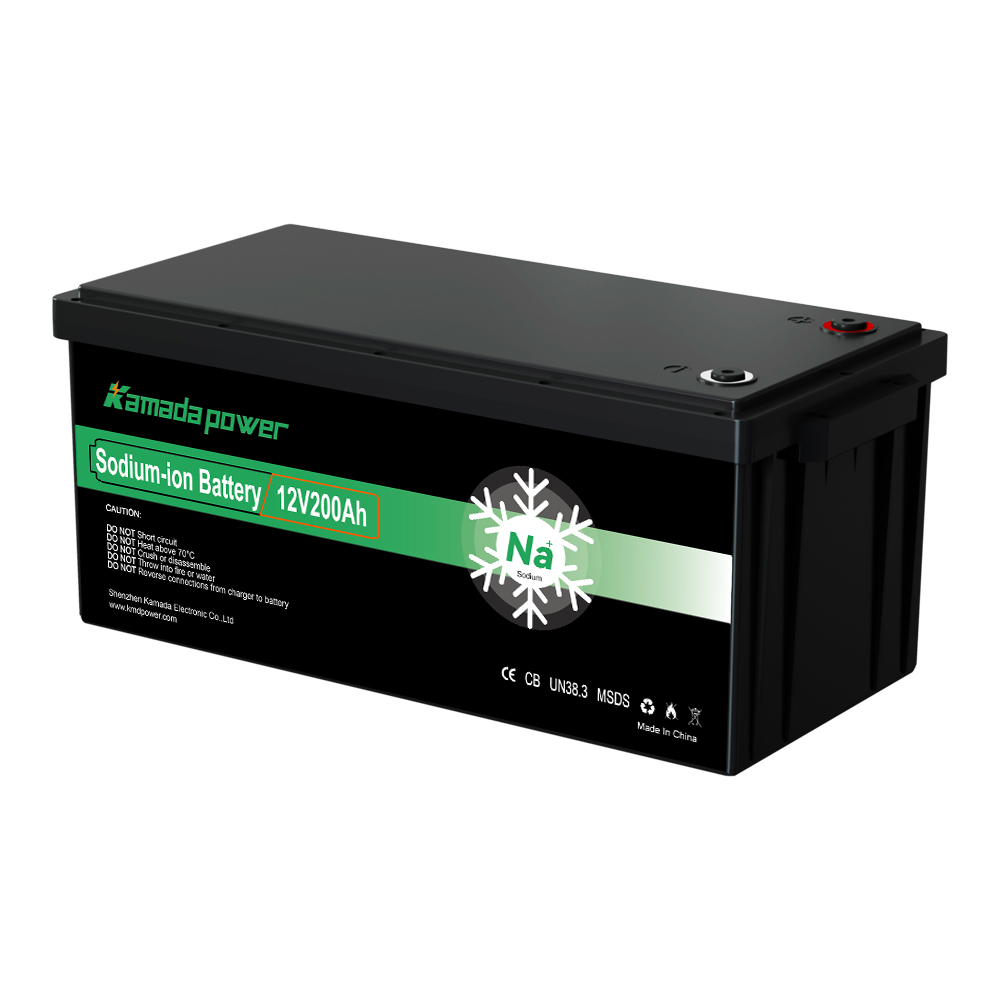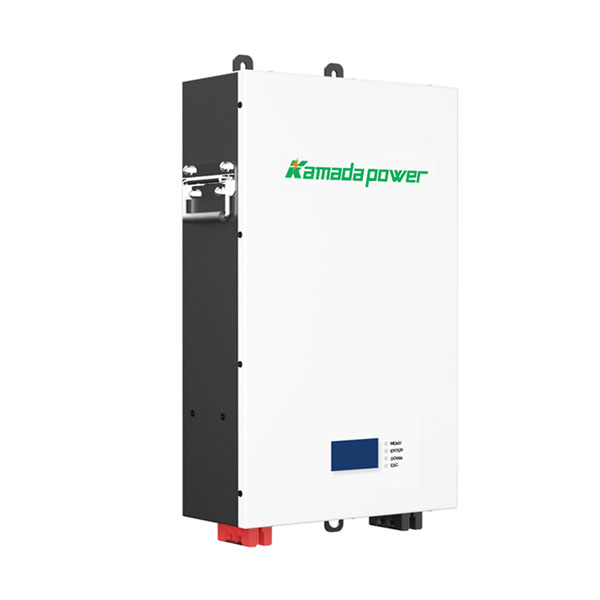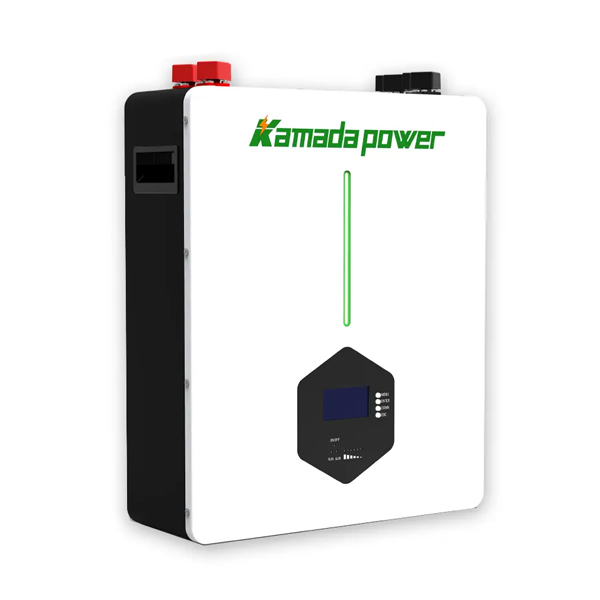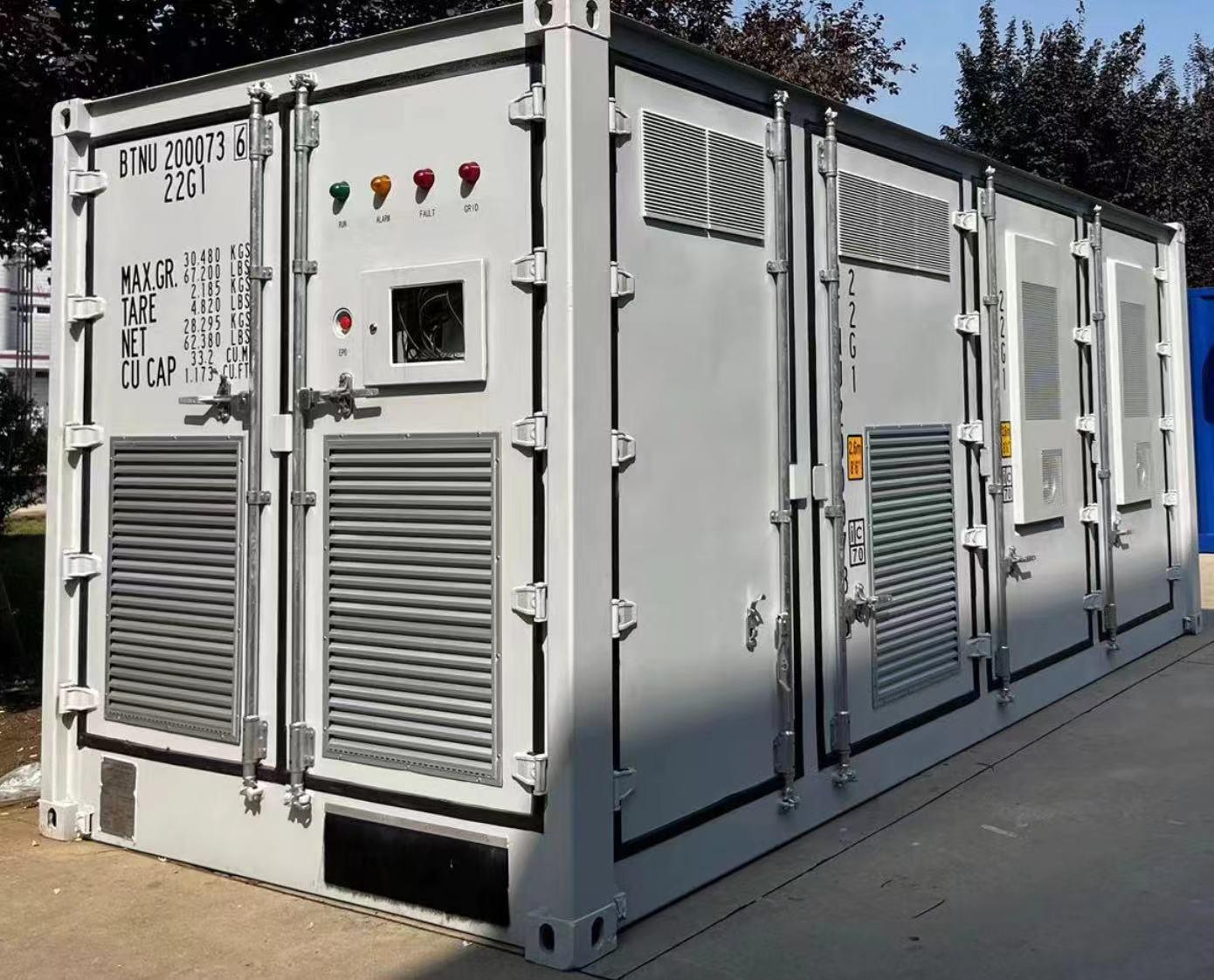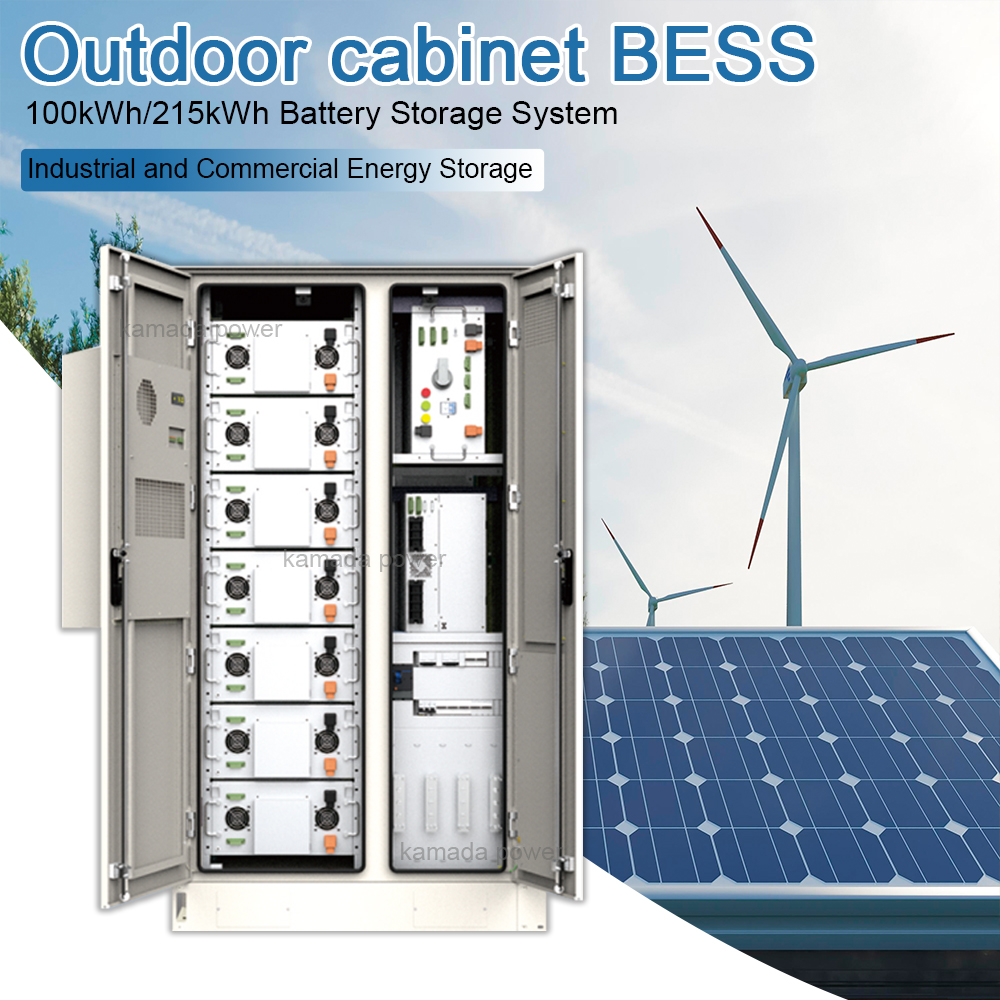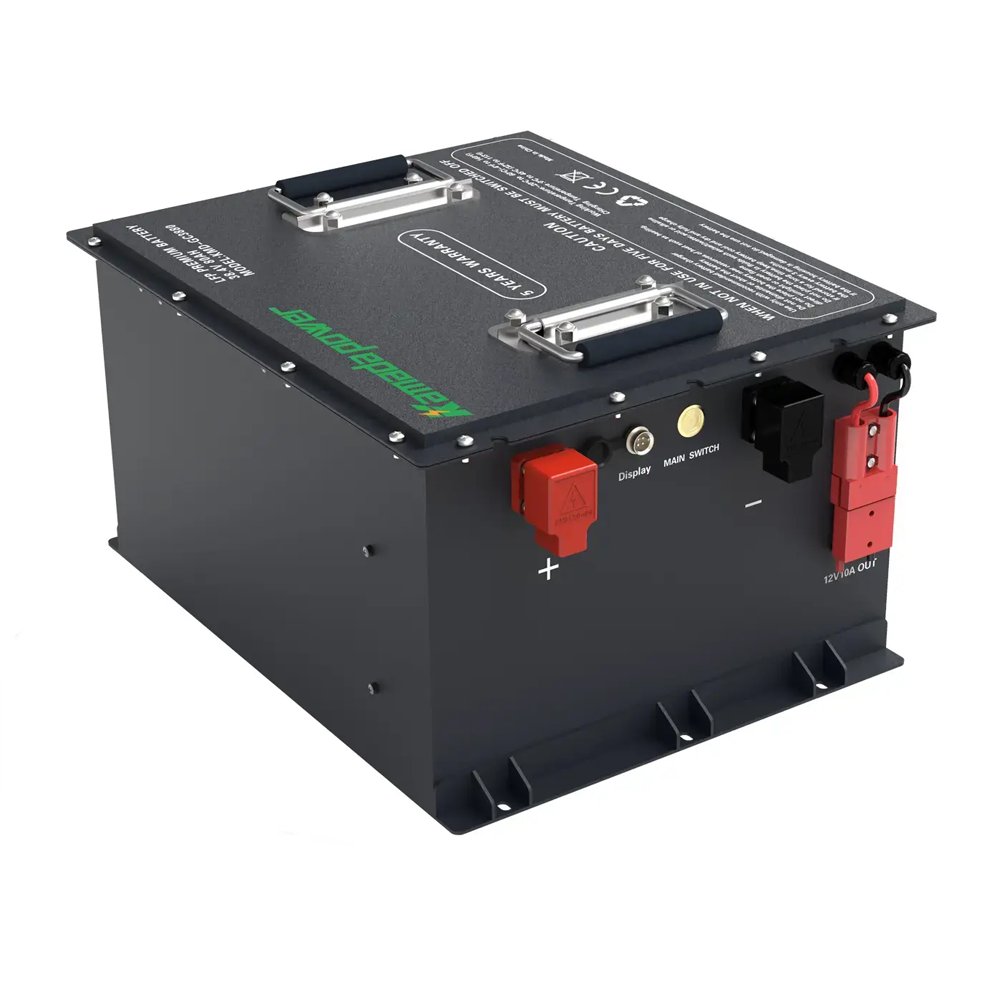Le boondocking - également connu sous le nom de camping sec - est l'une des façons les plus excitantes de profiter de son véhicule récréatif. Cependant, l'une des plus grandes inquiétudes des camping-caristes est de savoir combien de temps le camping à sec va durer. Batterie lithium pour véhicules de loisirs durera lorsqu'il est hors réseau, en particulier lorsqu'il s'agit de camper dans des endroits isolés. Comprendre les facteurs qui influencent autonomie de la batterie et la consommation d'énergie est essentielle pour tout VR qui planifie une aventure de boondocking. Dans ce guide, nous vous expliquons tout ce que vous devez savoir sur la durée de vie de la batterie de votre VR et sur la façon de maximiser son rendement pendant les voyages hors réseau prolongés.
Facteurs clés influençant la durée de vie de la batterie d'un véhicule récréatif lors d'un séjour en camping-car
La longévité de votre Batterie pour véhicules de loisirs La consommation d'énergie pendant le camping-car est influencée par plusieurs facteurs. Nous examinerons chacun d'entre eux en détail afin que vous puissiez mieux gérer votre consommation d'énergie lorsque vous n'êtes pas raccordé au réseau.
1. Type et capacité de la batterie
Le type de batterie que vous utilisez dans votre véhicule récréatif influe considérablement sur sa durée de vie. Accumulateurs au plomb (y compris les types AGM et inondés) sont couramment utilisées dans les véhicules de loisirs, mais elles nécessitent une recharge plus fréquente. D'autre part, lithium-ion durent plus longtemps et ont une densité énergétique plus élevée, ce qui signifie qu'elles peuvent stocker plus d'énergie et durer plus longtemps sur une seule charge.
- Batteries plomb-acide: Ils durent généralement de 2 à 4 ans, avec des durées plus courtes pour le "boondocking".
- Piles au lithium-ion: Ils durent généralement de 5 à 10 ans, ce qui permet d'allonger la durée de séjour en camping-car.
Capacité de la batterie est mesurée en ampères-heures (Ah)Un taux d'ampères-heures plus élevé signifie plus d'énergie stockée, ce qui prolonge la durée de vie de la batterie pendant le camping.
2. Consommation d'énergie dans le véhicule récréatif
Le facteur le plus important influençant la durée de vie de votre batterie est la quantité d'énergie que vous utilisez. Plus vous utilisez d'appareils et de dispositifs, plus votre batterie se décharge rapidement. Les appareils gourmands en énergie tels que climatiseurs, micro-ondeset chauffages sont les plus exigeants pour la batterie de votre véhicule récréatif.
- Utilisation de base: Si vous utilisez des lampes, chargez de petits appareils électroniques et faites fonctionner un petit réfrigérateur, la batterie de votre véhicule de plaisance peut durer de 2 à 4 jours.
- Usage intensif: Exécution d'un Climatiseur 12V ou en utilisant un micro-ondes peut réduire l'autonomie de la batterie à une seule journée.
Vous pouvez calculer la durée de vie de votre batterie en tenant compte de la durée totale de la batterie. la consommation d'énergie de tous vos appareils et dispositifs, généralement mesurée en watts ou en kilowattheures (kWh).
3. Efficacité énergétique des appareils électroménagers pour véhicules de loisirs
Le l'efficacité énergétique Les appareils que vous utilisez peuvent avoir une incidence considérable sur l'autonomie de la batterie. Par exemple, le passage d'un ancien réfrigérateur à un modèle économe en énergie ou en utilisant Eclairage LED peut considérablement prolonger la durée de vie de votre batterie.
Quelle est la quantité d'énergie consommée quotidiennement par un véhicule récréatif ?
La consommation d'énergie varie d'un camping-car à l'autre, en fonction des appareils et des dispositifs utilisés. Pour vous donner une meilleure idée de la quantité d'énergie que vous pourriez utiliser, voici une ventilation de quelques appareils courants et de leur consommation d'énergie typique :
| Appareils électroménagers | Consommation électrique (W) | Consommation journalière (kWh) |
|---|---|---|
| Lumières LED | 10-15W chacun | 0,05 kWh (5 lampes x 2 heures) |
| Réfrigérateur (12V) | 300-600W | 4-6 kWh (8 heures) |
| Micro-ondes | 600-1,200W | 0,2 kWh (10 min) |
| Climatisation | 1,500-2,000W | 10-12 kWh (8 heures) |
| Pompe à eau | 50-100W | 0,5 kWh (1 heure) |
Comprendre votre consommation d'énergie des appareils vous aidera à gérer efficacement vos ressources énergétiques. Avec un 200Ah par exemple, vous pouvez généralement vous attendre à 2-3 jours d'utilisation avec une utilisation légère à modérée des appareils.
Conseils pour prolonger la durée de vie des batteries des véhicules récréatifs
Pour tirer le meilleur parti de la batterie de votre véhicule de plaisance lorsque vous faites du camping, suivez les conseils suivants :
- Optimiser la charge de la batterie: Charger régulièrement votre batterie permet de la maintenir à un niveau optimal. Envisagez d'utiliser panneaux solaires, a générateurou en le chargeant pendant la conduite.
- Utiliser des appareils électroménagers économes en énergie: Choisissez des appareils qui consomment moins d'énergie, tels que Lumières LED, réfrigérateurs économes en énergieet Ventilateurs 12V au lieu d'unités de climatisation.
- Conserver l'énergie: Éteindre les appareils lorsqu'ils ne sont pas utilisés et réduire la consommation d'énergie pendant les heures de pointe.
Comment calculer l'utilisation de la batterie de votre véhicule récréatif
La meilleure façon d'estimer la durée de vie de la batterie de votre véhicule récréatif est de calculer les éléments suivants utilisation quotidienne de l'énergie. Voici une méthode simple :
- Liste des appareils: Notez tous les appareils que vous prévoyez d'utiliser (par exemple, les lampes, le réfrigérateur, le four à micro-ondes).
- Déterminer la consommation d'énergie: Recherchez le puissance (W) pour chaque appareil.
- Calculer la consommation quotidienne d'énergie: Multipliez la puissance de chaque appareil par le nombre d'heures d'utilisation prévues. Divisez ensuite par 1 000 pour convertir les watts en kilowattheures (kWh).
Exemple :
- Réfrigérateur (300W x 8 heures) = 2,4 kWh
- Lampes LED (5 lampes x 0,01 kWh chacune x 5 heures) = 0,25 kWh
- Total : 2,65 kWh par jour
Une fois que vous connaissez votre consommation d'énergie quotidienne, comparez-la à la capacité de votre batterie (en euros). ampères-heures). Par exemple, un 100Ah La batterie de 12V peut fournir 1,2 kWh d'énergie avant de devoir être rechargée. Si vous utilisez 2,65 kWh par jour, votre Batterie de 100Ah durera juste 1-2 jours sans être rechargée.
Faut-il acheter des piles supplémentaires ?
Si vous prévoyez de faire de longs séjours en camping-car, il est préférable d'investir dans un système d'alimentation en eau potable. piles supplémentaires ou un installation solaire est fortement recommandé. Avec plus de stockage, vous réduirez la fréquence des recharges et profiterez de plus longues périodes de vie hors réseau.
Considération de la taille de la batterie:
- 2 x 100Ah Batteries: Idéal pour la plupart des véhicules récréatifs à usage modéré.
- Batteries 200Ah ou 400Ah: Pour les voyages de longue durée et l'utilisation intensive d'appareils à forte puissance tels que les climatiseurs.
FAQ
Q : Pendant combien de temps puis-je utiliser la batterie de mon véhicule récréatif sans la recharger ? R : En cas d'utilisation modérée, un 100Ah La batterie dure généralement 1-3 jours. Si vous disposez de batteries de plus grande capacité ou si vous utilisez des systèmes d'alimentation efficaces, vous pouvez durer plus longtemps.
Q : Quel type de batterie dois-je utiliser pour le boondocking ? A : Batteries au lithium-ion sont les meilleures pour le camping-car, car elles offrent une densité énergétique plus élevée, des cycles de vie plus longs et de meilleures performances globales par rapport aux batteries plomb-acide traditionnelles.
Q : Puis-je prolonger la durée de vie de la batterie de mon véhicule récréatif grâce à l'énergie solaire ? R : Oui, l'installation d'un système de panneaux solaires peut vous aider à maintenir votre batterie chargée, en particulier lors de longs séjours en camping-car.
Conclusion
La durée de vie de la batterie de votre véhicule de plaisance en boondocking dépend de plusieurs facteurs clés, notamment le type de batterie, l'utilisation de l'énergie et les pratiques d'économie d'énergie. En gérant judicieusement votre consommation d'énergie et en investissant dans des sources d'énergie supplémentaires comme les panneaux solaires, vous pourrez profiter plus longtemps de vos aventures hors réseau sans craindre de manquer d'électricité.

